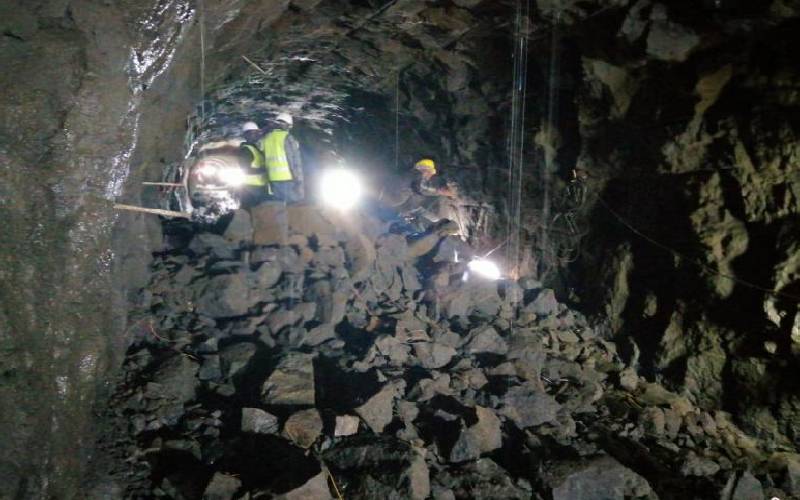×
The Standard e-Paper
Smart Minds Choose Us

Plans to inject an additional 140,000 cubic metres of water supply to Nairobi will soon be realised following completion of a tunnel tapping water from three rivers.
On Friday there was celebration in Makomboki, Kigumo constituency, after the contractor announced completion of drilling and parallel reinforcement of the tunnel.